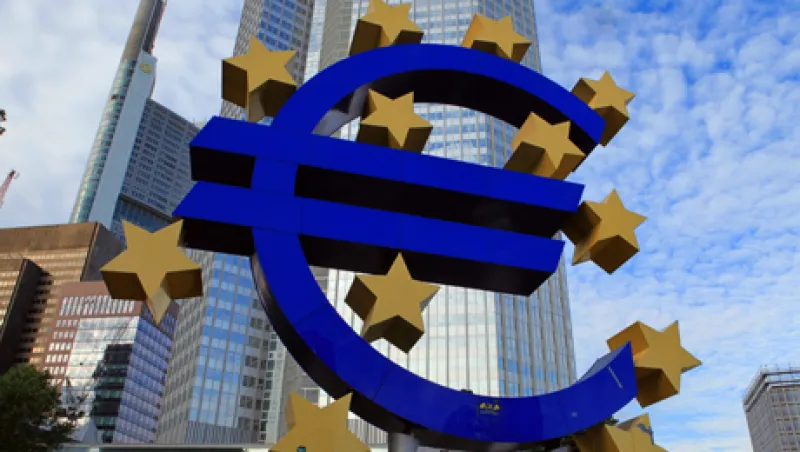
Fresh Signs of Euro Zone Economic Weakness
Analysts say ECB likely to cut interest rates by 50 basis points next month but doubt that would be enough to halt slide.
David Turner
June 21, 2012


